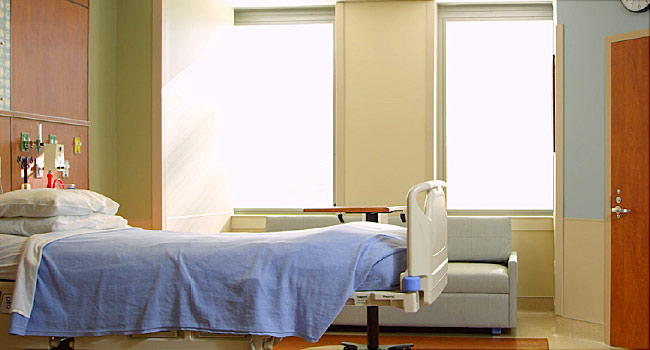
Organ Transplants Plummet During COVID-19 Crisis
When COVID-19 hit the United States, most transplants from living donors — which can be rescheduled — were put on temporary hold. One reason was to protect donors from possible exposure to the virus in the hospital, Klassen said.
Transplant patients also require many hospital resources, including intensive care beds. If a living donor is involved, that means two patients for each procedure.
And at the start of the outbreak, U.S. transplant centers did not know whether every city was going to “look like New York,” said Dr. Stephen Pastan, medical director of the kidney and pancreas transplant program at Emory University in Atlanta.
“Hospitals were preparing for the worst,” said Pastan, who is also a board member of the National Kidney Foundation.
“At Emory,” he noted, “we took a cautious approach and closed our kidney program.”
It also took time, nationally, for testing protocols to be put in place. Transplant recipients need to be tested for coronavirus infection, Pastan said, to ensure they don’t bring it into the hospital.
Meanwhile, organ procurement organizations started testing donors for the virus, according to the American Society of Transplantation.
Now, Pastan said, “programs are slowly ramping up again.”
The current study, which looked at data through April 10, does not capture more recent trends. According to Klassen, of UNOS, there has been no indication of further declines in U.S. transplants.
The decrease across U.S. centers, while significant, was less stark than the 91% drop in France.
Pastan said that likely reflects the difference in health care systems: In the United States, individual transplant centers decided what to do — which, to Pastan, is a good thing, since the outbreak has not been uniform across the country.
Reese made a similar point.
“There was no dress rehearsal for COVID,” he said. “But now it’s obvious the prevalence of infection across the country is heterogeneous. We’re coming around to the idea there can be some customization, depending on where the transplant center is.”
Even in areas with few COVID-19 cases, safety concerns remain.
One is whether organ recipients could be at greater risk of severe coronavirus infection soon after a transplant — when regimens to suppress the immune system, and avoid organ rejection, would be strongest.
At this point, Pastan said, there is no proof that’s the case. But, he added, transplant patients should “assume that they are at increased risk,” and follow all recommended precautions to avoid exposure to the virus.
Source link
